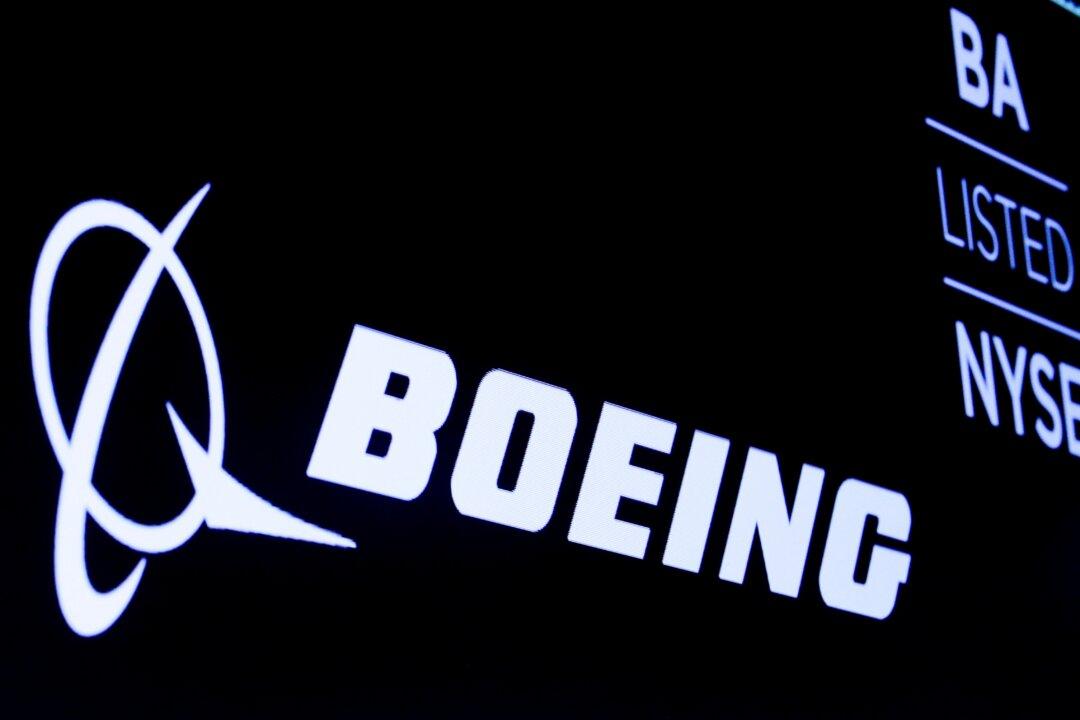Air India has struck a deal with Boeing to purchase 200 aircraft. The purchase is expected to support more than a million jobs across 44 states and strengthen U.S.–India relations, according to President Joe Biden.
“The United States can and will lead the world in manufacturing,” said Biden in a statement on Feb. 14. The first of the new aircraft is expected to enter service by the end of this year, while the bulk of the order will arrive from mid-2025 onwards, according to an Air India press release (pdf).





